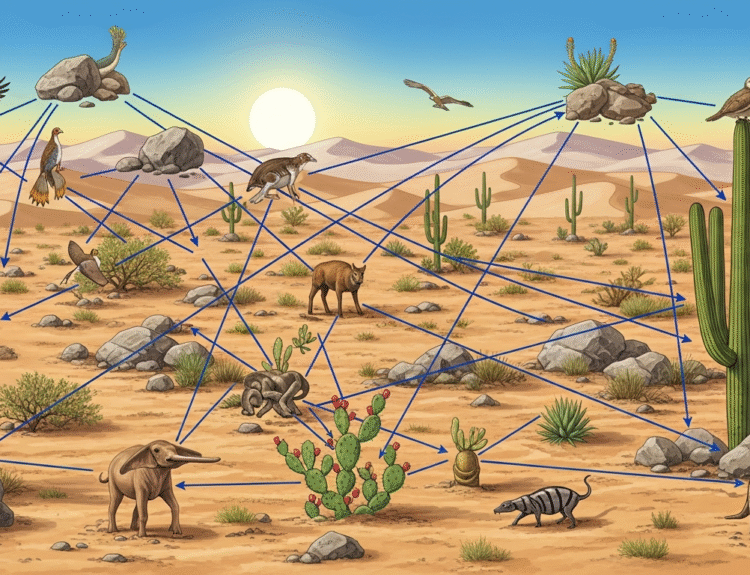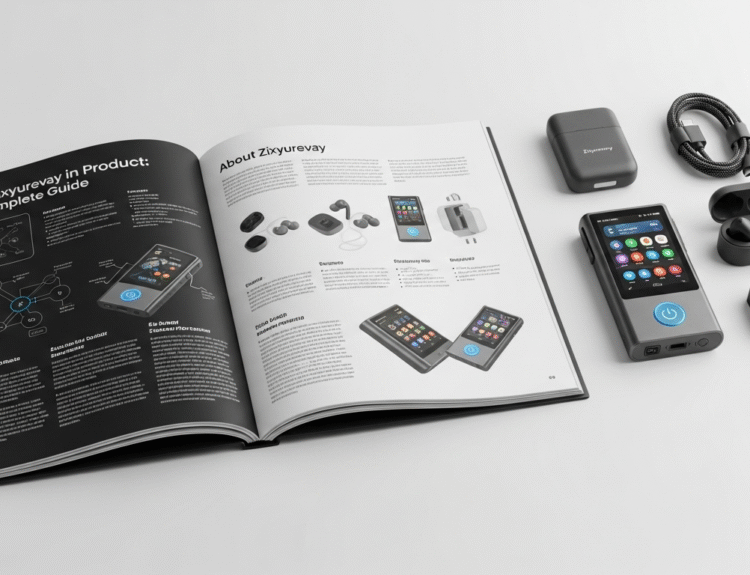Rosie O’Donnell is a multi-talented performer. She’s known for her vibrant personality. She’s also a strong voice in comedy, television, film, and activism. Across her career, she’s worn many hats—actress, host, producer, author, and advocate. This article explores her most notable work. We’ll dive into her filmography, TV appearances, and her behind-the-scenes roles. We’ll also discuss her impact and legacy. You know about theglobespot, andaazdaily, openrendz and rosie o’donnell movies and tv shows also Buzzfeed.
Table of Contents
-
Early Life and Career Beginnings
-
Breakthrough on Television
-
Sitcom Roles and Guest Appearances
-
Film Career Highlights
-
Hosting and Talk Shows
-
Producing and Behind-the-Scenes Work
-
Theatre and Voice Work
-
Awards and Nominations
-
On-Screen Style, Persona, and Persona Development
-
Off-Screen Impact and Advocacy
-
Cultural Influence and Legacy
-
Analysis of Performance Style
-
Conclusion
-
Main Keyword
-
Tags
1. Early Life and Career Beginnings
Rosie O’Donnell made her debut in entertainment in the early 1980s. Born in 1962, she grew up in Long Island, New York. Right away, she knew she wanted to perform. She entered beauty pageants. She also appeared in television commercials. She began singing as well. Soon, she caught the eye of talent scouts.
In 1986, Rosie made her acting debut. She appeared in the action comedy film “A League of Their Own”—but with a small but memorable cameo. The real breakthrough came later. Still, her early roles set the tone. She was bold. She was funny. She was warm. Audiences responded to her energy.
2. Breakthrough on Television
Rosie’s big break came when she landed a role on “The Golden Girls” in the late 1980s. She played Aunt Angela in one episode. This part introduced her to a wider TV audience. It also showcased her comedic timing.
Shortly after, she had guest roles on other popular sitcoms:
-
“Star Trek: The Next Generation” – played Lt. Jenice Manheim
-
“Evening Shade” – recurring role
-
“Law & Order” – serious turn in a procedural show
Each part showed a different side of Rosie. Nowadays, actors stick to one type. But Rosie wanted to explore. She balanced humor and drama with ease.
3. Sitcom Roles and Guest Appearances
3.1 The Drew Carey Show (1996–2004)
Rosie had a recurring role on “The Drew Carey Show.” She played Rosie O’Donnell—herself. Her appearance added layers of self-aware comedy. She poked fun at celebrity culture.
3.2 Sex and the City (2002)
In a whirlwind episode, Rosie played a lesbian whose apartment Carrie accidentally moves into. The episode highlighted her comedic range. She handled edgy humor with grace.
3.3 Will & Grace (2000)
Rosie lent her voice to Maryanne, a soap opera star in an episode. Again, she played herself. The show blurred the lines between fiction and reality. And it gave her another laugh-out-loud moment.
4. Film Career Highlights
Rosie headed to the big screen with a bang. She took on comedic and dramatic roles. Let’s explore her most memorable films.
4.1 A League of Their Own (1992) – Cameo
Directed by Penny Marshall. Rosie had a cameo as herself in a charity game. It wasn’t a big role. Still, it placed her in a classic.
4.2 Sleepless in Seattle (1993) – Supporting Role
Rosie played Becky. She was Meg Ryan’s sister in drama-comedy that became iconic. Her compassionate performance helped ground the emotional arc.
4.3 Imagine That (2009) – Lead Role
As Eva, Rosie starred opposite Eddie Murphy. Her charm lit up the family comedy. Though the film got mixed reviews, critics noted her heartfelt, genuine portrayal.
4.4 Roxanne (1997) – Cameo
A comic nod to “Cyrano de Bergerac.” Rosie’s guest appearance added pizzazz to Steve Martin’s film.
4.5 Beautiful (2009 Documentary)
In this personal documentary, Rosie co-directed and appeared on-screen. She spoke about adoption. The film explores the highs and lows of parenting. She brought raw honesty to it.
4.5.1 Documentary Impact
As a producer and subject, Rosie opened up. She explored social themes. The film questioned adoption systems. It also celebrated love. Her hands-on role showed her commitment.
5. Hosting and Talk Shows
5.1 The Rosie O’Donnell Show (1996–2002)
Rosie’s signature. She became a daytime television icon. The show ran for six seasons. It won multiple Daytime Emmys.
5.1.1 Show Format
Every episode opened with pop culture talk. She had celebrity guests. She did musical numbers. She included philanthropic segments. Segments like “Give Kids the World” ran weekly.
5.1.2 Style and Tone
Rosie kept the tone warm and genuine. She laughed a lot. She connected with people. She championed inclusivity. The show reinforced her image as approachable and empathetic.
5.2 The View (2006–2007)
Rosie joined as co-host. She stirred controversy. She discussed politics and identity—boldly. She spoke on LGBTQ rights and national policy. The show sparked debate. Some loved her candor. Others criticized it. She left in mid-2007, citing oppressive tensions with fellow co-hosts.
5.3 The Rosie Show (2011–2012)
She launched a primetime talk show on Oprah’s network. The show lasted one season. But it kept her signature warmth.
5.3.1 Key Highlights
It featured live music and celebrity chats. She also did audience performances and games. The tone was laid-back. It mirrored her daytime success.
6. Producing and Behind-the-Scenes Work
Rosie also worked as a producer. She backed documentaries and TV specials. She helped shape content on social issues:
-
“Straight from the Heart” – short documentary on transgender youth
-
“Take My Hand” – special supporting families in crisis
-
Various specials supporting LGBTQ rights, children’s charities, and mental health awareness
Her production work extended beyond money. She used her voice and clout to highlight positive change.
7. Theatre and Voice Work
7.1 Broadway Involvement
Rosie performed on Broadway. She appeared as Sister Mary Leo in “The Best Little Whorehouse Goes Public.” She also performed in concert-style theatre events.
7.2 Voice Acting
She lent her voice to animated series:
-
“The Magic School Bus” – guest role
-
“Shrek the Third” – voice cameo
-
“A Very Barry Christmas” – animated special
Rosie’s strong, warm tone worked well for kids’ media.
8. Awards and Nominations
Rosie received numerous accolades:
-
Daytime Emmy Awards: Winner for Rosie O’Donnell Show (1998, 1999, 2000)
-
GRAMMY Award Nomination: Best Spoken Word Album for Find Me
-
Primetime Emmy Nominations: Guest on Will & Grace and Sex and the City
Her awards reflect her impact in multiple entertainment fields.
9. On-Screen Style, Persona, and Persona Development
9.1 Authenticity
She rarely played far from who she is. Off-camera, she’s outspoken, loving, and inclusive. On-screen, she reflects those traits.
9.2 Comic Timing
Rosie’s comedic timing stands out. She knows how to deliver a punchline. She connects with comedic beats effortlessly.
9.3 Emotion and Heart
In drama or personal documentaries, she conveys sincerity. She brings depth to spontaneous talk or scripted roles.
10. Off-Screen Impact and Advocacy
Rosie uses her platform for good. She’s a fierce advocate. She champions LGBTQ rights. She supports mental health awareness. She fights for adoption transparency.
10.1 Give Kids the World
Her long-running segment on her talk show. It supports ill children and families. It’s a clear example of her giving nature.
10.2 LGBTQ Activism
As an openly lesbian woman, Rosie spoke out early. She helped push for marriage equality. She supported LGBTQ youth organizations. Her voice matters.
10.3 Adoption Reform
Rosie adopted four children. She shared struggles with confidentiality issues. She advocated for transparency and ethics in adoption systems.
11. Cultural Influence and Legacy
Rosie’s legacy is multi-layered:
-
She paved the way for LGBTQ representation in mainstream media.
-
She changed the daytime talk format by blending fun and activism.
-
She helped normalize emotional vulnerability among public figures.
-
She inspired many young comics, especially women and LGBTQ individuals.
She expanded what it means to be a talk show host.
12. Analysis of Performance Style
Rosie merges humor with sincerity. Her style is hybrid:
-
Conversational warmth – She talks like she’s talking to a friend.
-
Spontaneity – She often broke from script, letting natural moments shine.
-
Boldness – She didn’t shy from controversy.
-
Inclusivity – Her message nearly always uplifted others.
In roles—whether sitcom, film, or talk show—she made the audience feel included. That’s her magic.
13. Conclusion
Rosie O’Donnell’s body of work spans decades. She appeared in sitcoms, films, documentaries, and talk shows. She showed off her comedic timing, dramatic flair, emotional touching, and outspoken activism. Her career is a remarkable mix of entertainment and impact. She entertained millions. She made them laugh. She made them think. She changed conversations.
Her movie roles, from Sleepless in Seattle to Imagine That, highlight her ability to hold a dramatic or comedic space. Her TV work, especially The Rosie O’Donnell Show, solidified her cultural place. And her documentaries and advocacy work reveal a deeper commitment to activism and change.
As the entertainment world evolves, Rosie’s contributions remain significant. She showed that a performer can be funny and passionate, hilarious and honest, mainstream and true to self. In all she’s done, she reminds us that authenticity matters. Her legacy will endure.



